In a momentous morning departure on Tuesday, the X8155 China-European freight train rolled out from Xi'an International Port Station in Northwest China's Shaanxi Province, laden with an array of goods including daily necessities and fitness equipment. Its destination: Hamburg, Germany.
This signifies a remarkable achievement for the Xi'an-based China-European freight train, which, since its inaugural run on November 28, 2013, has now notched up an impressive tally of 20,897 journeys over the span of a decade, the Xinhua News Agency reported on Tuesday.
According to Wang Baolu, the station manager at the Xi'an International Port Station, the China-European freight train (Xi'an) has experienced a consistent uptick in volume each year since its maiden run in 2013. Particularly noteworthy is the period from 2018 onwards when the train's development experienced explosive growth, with an annual round-trip volume surpassing 1,000, eclipsing the combined total of 2013 to 2017.
The years 2019 through 2021 witnessed an explosive surge, breaking the 2,000, 3,000, and 3,800-trip milestones annually. In 2022, the total trips soared to an impressive 4,639.
As of Tuesday this year, the China-European freight train (Xi'an) has already completed 4,843 trips, surpassing last year's total, reflecting a robust growth of 13.77 percent compared to the same period last year. The cumulative weight of transported goods reached a substantial 4.3 million tons, marking a 13.2-percent increase from the same period last year. Forecasts suggest that the total trips for this year are set to breach the 5,000 mark.
At present, the China-European freight train (Xi'an) has established connections on 17 international transport routes, achieving comprehensive coverage of major source areas across Eurasia.
About 2,000 years ago, in the Han Dynasty (202 BC-25 AD), a Chinese envoy named Zhang Qian began his expedition to the Western Regions, and opened up a trade route that later became the legendary "Silk Road."
In 2013, China put forward the Belt and Road Initiative (BRI). Since then, the China-Europe freight train service was launched, becoming the modern-day "steel camel caravans" linking 108 Chinese cities with 208 European cities spanning 25 countries.








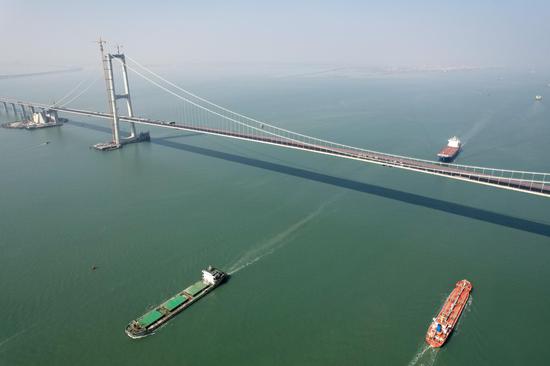


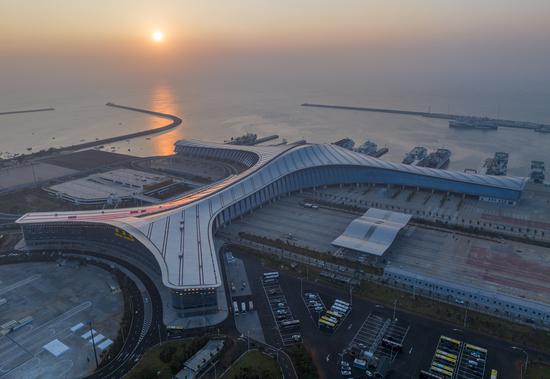


















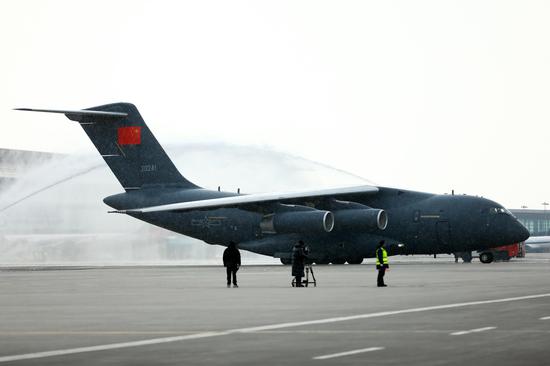





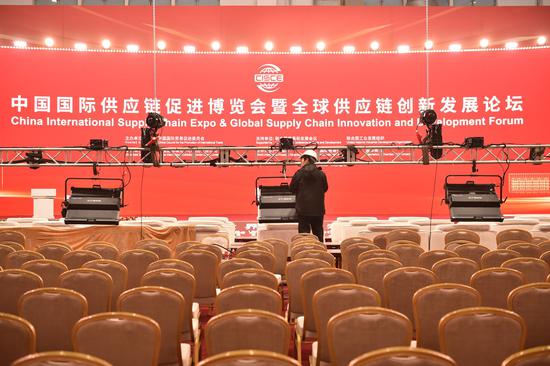







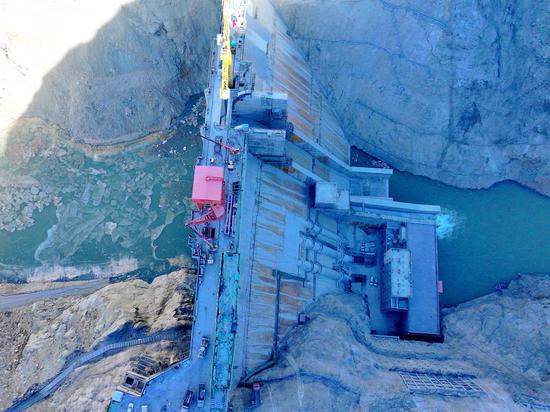





 京公网安备 11010202009201号
京公网安备 11010202009201号